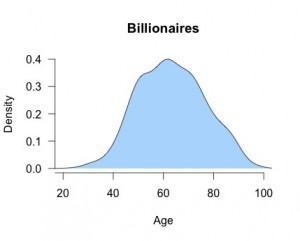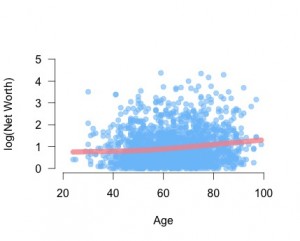
Bettina von Helversen and I have a new paper out on age differences in search in TopiCS. The literature is still scarce on this issue but we try to take stock of the idea that age differences in internal and external search are due to age-related cognitive decline. The goal is to do more empirical work on this in the future…
Here’s the abstract:
Search is a prerequisite for successful performance in a broad range of tasks ranging from making decisions between consumer goods to memory retrieval. How does aging impact search processes in such disparate situations? Aging is associated with structural and neuromodulatory brain changes that underlie cognitive control processes, which in turn have been proposed as a domain-general mechanism controlling search in external environments as well as memory. We review the aging literature to evaluate the cognitive control hypothesis that suggests that age-related change in cognitive control underlies age differences in both external and internal search. We also consider the limits of the cognitive control hypothesis and propose additional mechanisms such as changes in strategy use and affect that may be necessary to understand how aging affects search.



